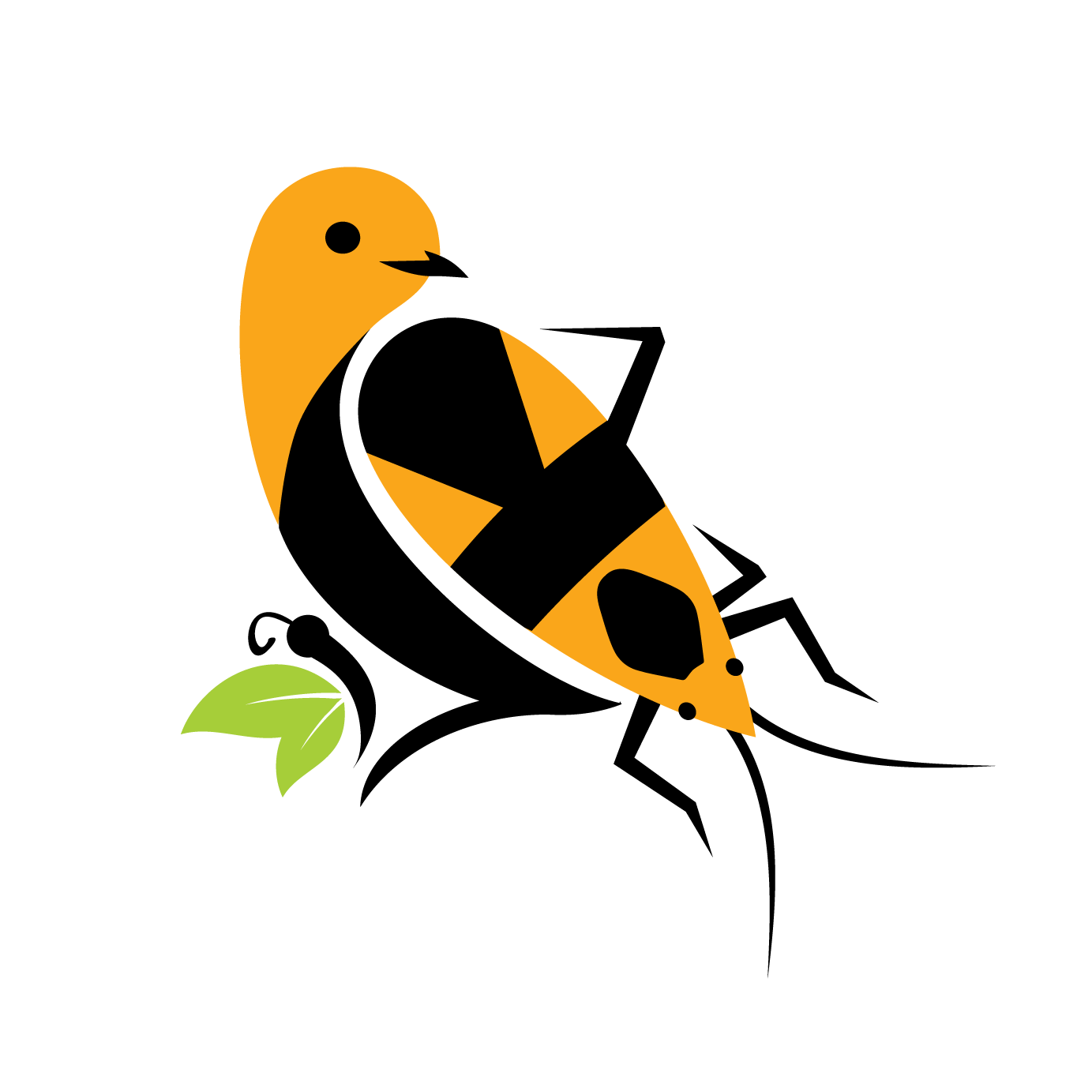I am dedicated to a harassment-free experience for everyone, regardless of age, disability, gender, gender identity and expression, national origin, physical appearance, religion, relationship status, or sexual orientation. Harassment includes offensive comments related to age, body size, deliberate intimidation, disability, gender, gender identity and expression, physical appearance, race, religion, relationship status, or sexual orientation. Harassment also includes discouraging comments, excessive negative comments, exclusion, harassing photography or recording, inappropriate physical contact, personalisation of critique, stalking, sexual images in public spaces, sustained disruption of talks or other events, unwanted following, and unwelcome sexual attention. I do not tolerate harassment by and/or of members of our community in any form.
Expectations and responsibilities
It’s very important to me that everyone experiences a supportive, engaging, and comfortable environment. To maintain that environment we need to:
• Respect our fellow lab-mates. Respect their culture, their religion, their beliefs, their sexual orientation. Respect their strengths and weaknesses, respect their ways of working. Be supportive and be kind.
• Be comfortable asking for and giving help. Ask and offer to look at code, data, protocols, especially if something doesn’t look quite right. Discuss ideas, hypotheses, results and interpretations with other people. Science is an open and collaborative effort, and it’s so much more rewarding to do this as a team.
• Know that we all make mistakes and that it’s ok. But mistakes shouldn’t be because of carelessness or rushing work, or not having asked for help. If you do make a mistake, tell me, tell your collaborators (if they have already seen the results, and especially if the paper is being written up, is already submitted, or already accepted). We admit our mistakes, and then we correct them and move on.
• Report academic misconduct. It is never ok to plagiarise, to tamper with data, to make up data, to omit data, to p-hack (misuse of data analysis to find patterns in data that can be presented as statistically significant), or fudge results in any way. Null results and unexpected results are also important.
• Tell someone if you’re struggling. Your health and happiness come first. For graduate students, this can also be discussed with the thesis committee, IMPRS board members, the IMPRS coordinator. If you need extra support there is an external, anonymous, free service for MPG employees and young researchers from the Fürstenberg Institute.
• Have a life outside of the lab, take care of your mental and physical health, and don’t ever feel bad for taking time off work.
• Stay up to date on the latest research, by using RSS feeds and/or getting journal table of contents. Also consider following scientists in the field on social media.
This set of values have been developed from, and inspired by, a number of other labs’ codes of conduct, in particular Aly Lab’s.
